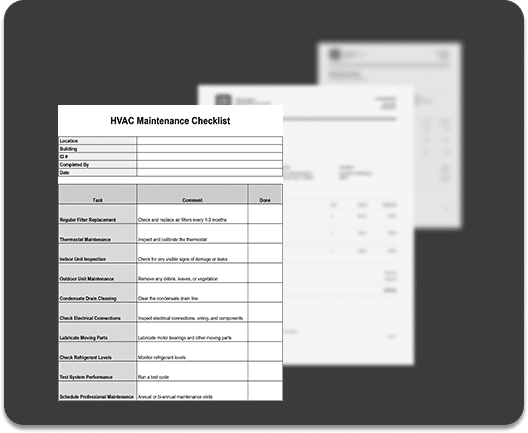When it comes to wellness and well-being, organizations had traditionally thought of physical well-being and later, mental well-being. In the last few years, components of social well-being emerged. And now, financial well-being is considered just as important as any other aspect of a true total well-being effort.

isolved recently released its On-Demand Pay option, a tool that addresses this previously overlooked part of total well-being. On-Demand Pay does as its name implies, giving employees access to their pay immediately but without the cumbersome pay cards or digital wallets that often go along with these types of solutions.
Instead, employees can access their pay to avoid overdraft fees, late fees or any of the common stressors associated with timed payments. Brandon Hall Group research shows that a significant stressor in remote work is managing work/life balance. Finances are the biggest part of that stress package. Research also shows that employees with increased financial stress are nearly four times as likely to be distracted at work.
On the flip side, having a strong well-being package, with direct tools that your employees can use to reduce stress (as opposed to third-party resources), is shown to tie to improvements in employee engagement (81% of organizations reporting that correlation), retention rate (67%), and burnout rate (48%).
A lot of recent media attention has been focused on lower engagement rates among all employees, and that is at least somewhat reflective of increased amounts of financial stress brought on by higher costs of living. “Companies, particularly ones in the quick-service restaurant, transportation, healthcare and other frontline operations, have been hit particularly hard by the financial snowball their employees are experiencing – first from the pandemic, then from inflation and now rising interest rates,” said James Norwood, EVP and Chief Strategy Officer at isolved.
Making the right tools available to employees gives them not just a sense of control, but actual, real control over their day-to-day finances. That sense of agency can go a long way toward creating a more equitable, less-stressful work life, something everyone could use right now.


















